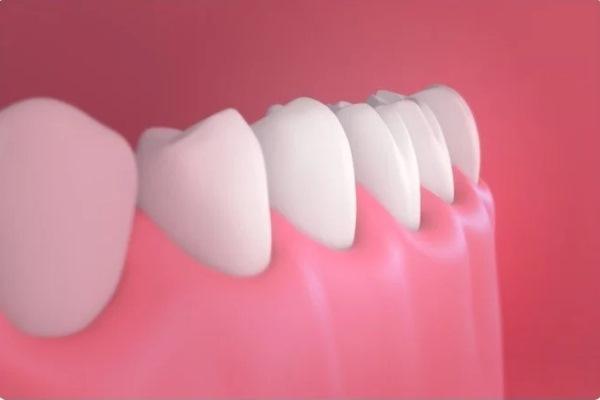Researchers at Tohoku University in Sendai, Japan have shed light on the biological activity associated with gingival fibroblasts, which help produce the fibers that hold teeth in place.

A team led by Dr. Masahiro Yamada, Ph.D., from the university's School of Dentistry, created an artificial environment that mimics soft and hard gums. They found that simulating hard gums activated a process involving fibroblasts that prevent inflammation.
Regarding soft gingival imitation, it suppressed the noted fibroblastic anti-inflammatory system and increased the likelihood of inflammation. It was also found to result in a decrease in collagen synthesis.
“Our study is the first to demonstrate the biological mechanisms that influence the properties of a patient's gums,” said Yamada.
Previous studies have already shown that people with thick or hard gum biotypes are less susceptible to developing recessions. Although fibroblasts play a very important role in gingival regeneration, they also produce various inflammatory and tissue-damaging biomolecules that can destroy gingival fibers. Ultimately, the study sheds light on the mechanisms involved in these processes.
“The results of this study are expected to accelerate the development of advanced biomaterials to control local inflammation or microdevices that mimic the microenvironment of inflammatory conditions,” Yamada concluded.
